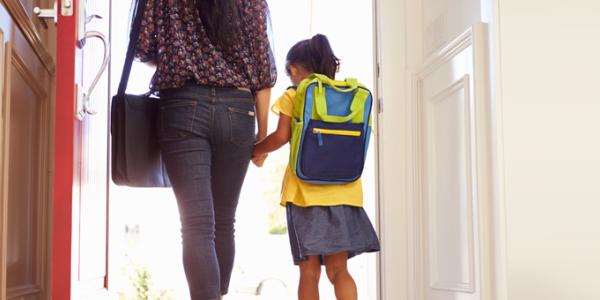Coping with Violence

You are here
Our hearts go out to all who have been affected by violence across the globe. We’ve compiled these online resources for parents, teachers, and others working with young children about coping with violence and talking to young children about tragedies they learn about in the media.
Supporting Young Children after Crisis Events
Helping Young Children Grieve and Understand Death
How Early Childhood Educators Can Explain Death to Children
Using Story Circles, Art, and Play to Support Children’s Responses to Stress and Trauma
Conversations that Matter: Talking with Children About Big World Issues
Inclusive and Nurturing Grief Support for Young Children and Families
Being a Helper: Supporting Children to Feel Safe and Secure after Disasters
Creating Trauma-Sensitive Classrooms
Downloadable excerpts from the book, Trauma and Young Children: Teaching Strategies to Support and Empower
- Chapter 3: How Trauma Impacts Young Children’s Brains and Their Ability to Learn
- Chapter 4: Guiding Principles for Teaching Children with Trauma
- Chapter 8: Partnering with Families
- Chapter 10: Caring for Yourself
Fred Rogers: Look For the Helpers
Read timeless wisdom on what to keep in mind when talking to young children about a tragedy from Fred Rogers for parents, teachers, and caregivers.
American Psychological Association
As a parent, you may be struggling with how to talk with your children about a shooting rampage. It is important to remember that children look to their parents to make them feel safe.
The National Education Association - School crisis guide
The National Education Association (NEA) and the National Education Association Health Information Network (NEA HIN) developed this easy-to-use crisis guide with essential, to-the-point advice for schools and districts.
American Academy of Pediatrics - Responding to Emotional Needs
Resources to help parents respond to children’s emotional needs during times of crisis
American Psychological Association - Helping children manage distress
As a parent, you may be struggling with how to talk with your children about a shooting rampage. It is important to remember that children look to their parents to make them feel safe.
Substance Abuse and Mental Health Services Administration - Coping with violence and traumatic events
This web page includes information about the Disaster Distress Hotline, the nation's first hotline dedicated to providing disaster crisis counseling. It also includes articles for students, parents, teachers, and other caregivers, and for responders and health professionals.
Helping Children Cope with Tragedy-related Anxiety
Mental Health America offers tips for parents in helping preschool-age children, as well as grade school-age children and adolescents, with tragedy-related anxiety.